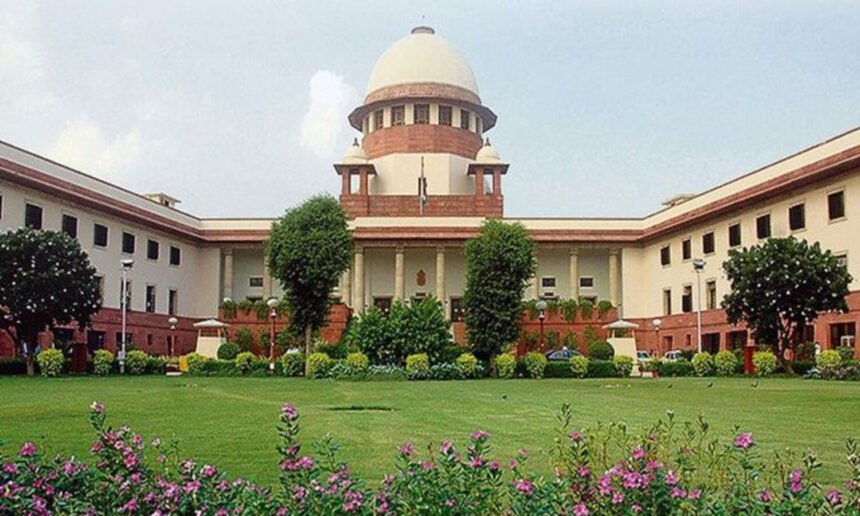The All India United Democratic Front (AIUDF), an opposition party in Assam, has taken a stand against the draft delimitation proposal for Assembly and Parliamentary seats in the state. In a press conference held on Sunday, AIUDF’s organisational general secretary and MLA, Aminul Islam, announced that the party has filed a case in the Supreme Court challenging the exercise.
Islam highlighted that instead of establishing a Delimitation Commission, the Election Commission of India (ECI) conducted the delimitation exercise due to amendments made in relevant Acts in 2008 by the UPA government. These amendments granted the ECI the power to carry out delimitation independently, without any accountability to anyone.
“We have contested these amendments that have vested delimitation powers in the ECI. As a consequence of these amendments, the ECI now has the authority to formulate guidelines and conduct delimitation without any oversight,” Islam explained.
The AIUDF’s opposition to the draft delimitation proposal stems from concerns about the impartiality and fairness of the process. Delimitation is the process of redrawing boundaries of electoral constituencies to ensure equal representation based on population changes. It is a critical exercise that directly impacts the political landscape of a region.
The AIUDF’s contention is that the ECI, as an independent body, should not possess the sole authority to conduct delimitation. They argue that the ECI’s ability to formulate guidelines without any external accountability poses a risk of bias and manipulation. The party advocates for the establishment of a Delimitation Commission to ensure transparency, checks, and balances in the process.
Delimitation has been a contentious issue in Assam due to its history of demographic changes and ethnic tensions. The state has experienced waves of migration, resulting in a complex demographic landscape. The last delimitation exercise in Assam took place in 2008 based on the 2001 census data. However, many argue that subsequent population changes have not been adequately accounted for, leading to disparities in representation.
The AIUDF’s move to approach the Supreme Court reflects their commitment to seeking a fair and inclusive delimitation process. They aim to challenge the constitutional validity of the amendments that granted the ECI delimitation powers. The party believes that the delimitation exercise should be conducted under the purview of a dedicated Delimitation Commission, which would ensure transparency, fairness, and accountability.
Delimitation exercises often spark debates and controversies across India, as they have far-reaching implications for political representation. It is crucial to strike a balance that respects population changes while also considering historical and geographical factors. In the case of Assam, given its unique demographic challenges, finding a solution that addresses the concerns of all stakeholders is of utmost importance.
The Supreme Court’s decision on the AIUDF’s case will play a significant role in shaping the future of delimitation in Assam and potentially influence similar exercises in other states. The outcome will have implications for the democratic processes and electoral representation in the region.




